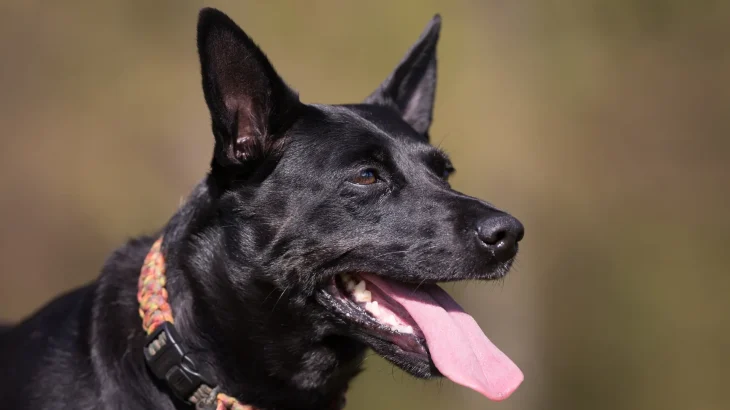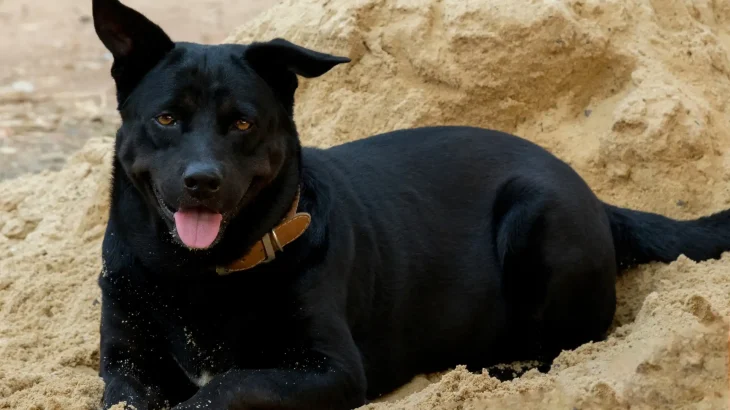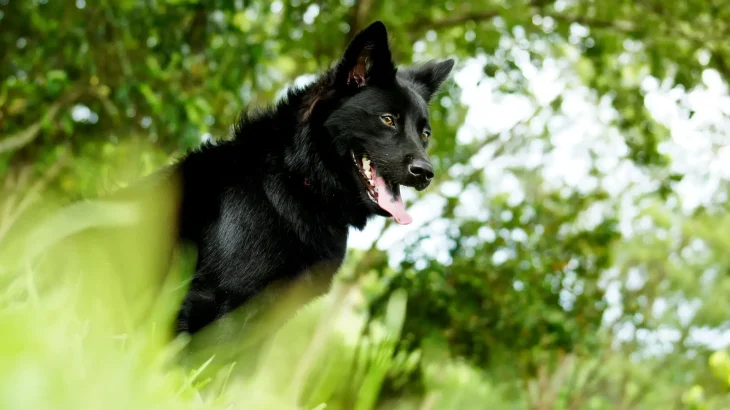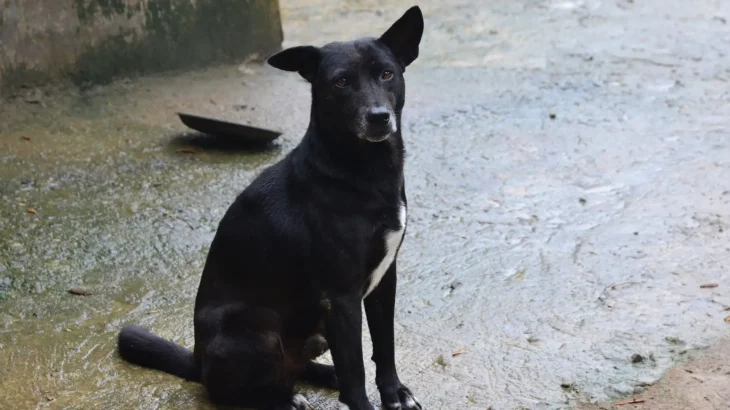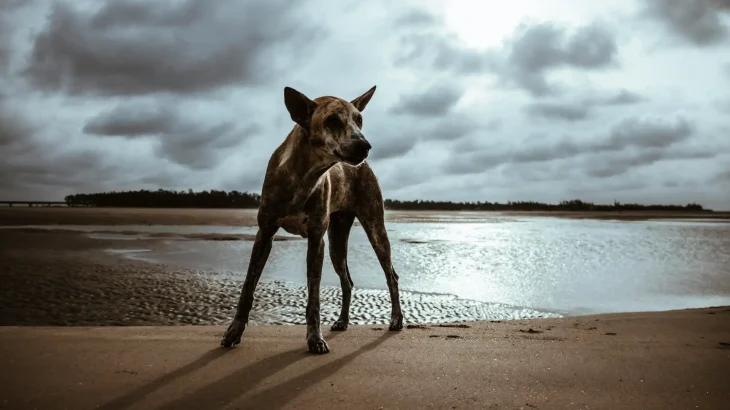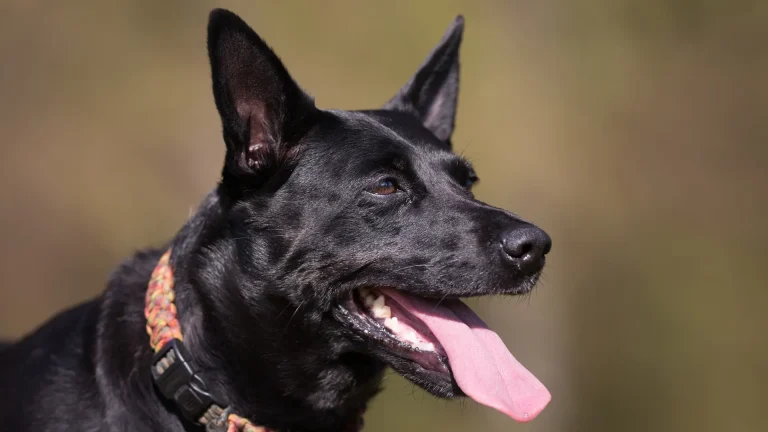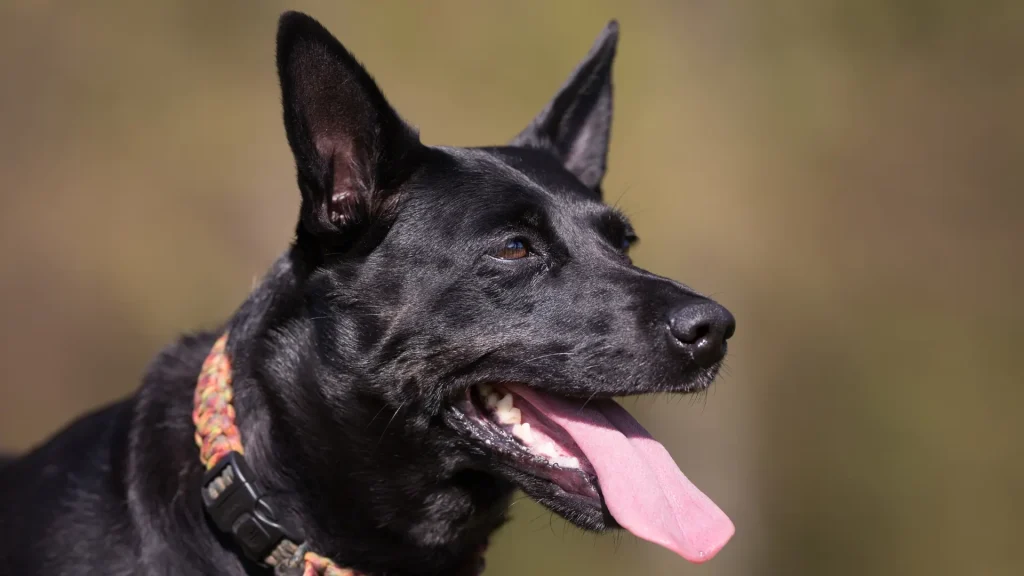Deciding to bring home a Taiwan Dog puppy involves weighing the benefits of adopting versus purchasing from a breeder. Adoption offers the chance to provide a loving home to a dog in need, while buying from a breeder often comes with clearer insights into the dog's background and health specifics relevant to the breed. Each path has its unique advantages depending on what future owners value most.
Adoption vs. Breeder: Pros & Cons
| Criteria | Buying from Breeder | Adopting from Shelter/Rescue |
|---|---|---|
| Cost | Typically higher cost reflecting pedigree and breeder efforts. | Lower adoption fees that often include initial health care. |
| Health History | Detailed health background and breed-specific info from responsible breeders. | Health history may be limited but basic screenings are generally performed. |
| Age Availability | Primarily puppies, allowing bonding from early stages. | Various ages available; may need to be flexible on age. |
| Temperament Insight | Breeder can provide temperament and behavioral traits typical of the breed. | Temperament assessed by shelter staff; full behavioral history may be unknown. |
| Supporting Practices | Supports controlled breeding programs aimed at preserving breed qualities. | Supports animal welfare by providing homes to dogs needing care. |
| Breed Purity & Pedigree | Pedigree documentation ensures genetic line clarity and breed standard adherence. | Breed purity often unknown; mix breeds are common in adoption. |

